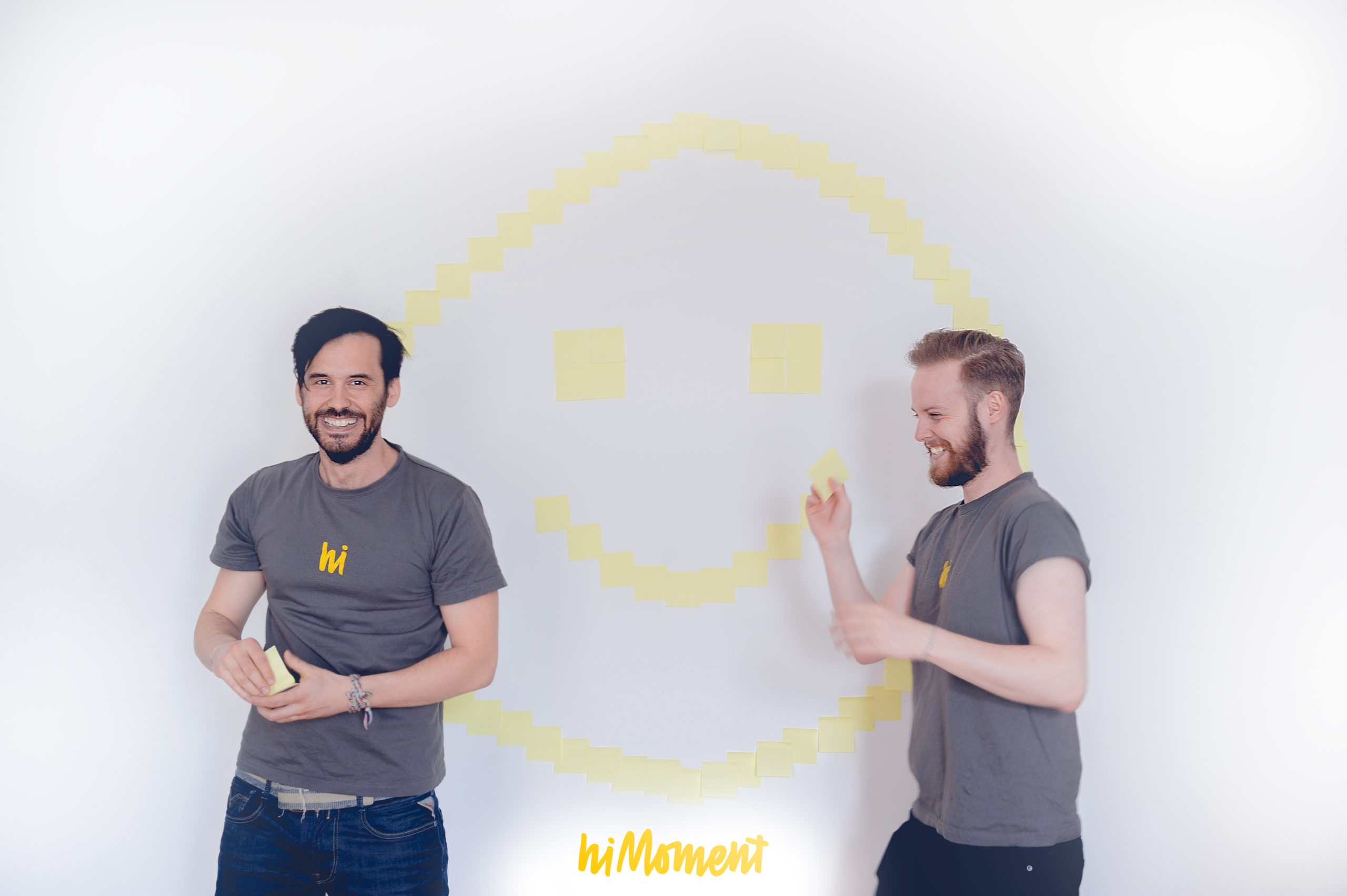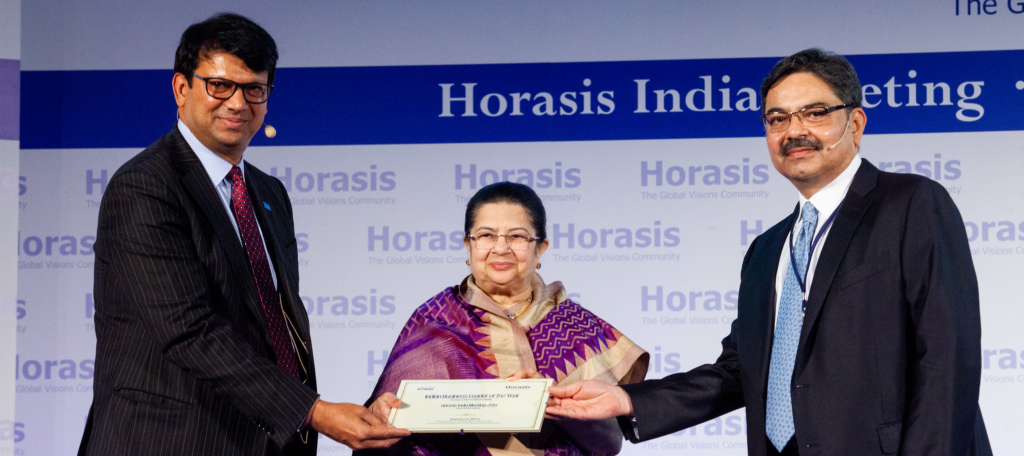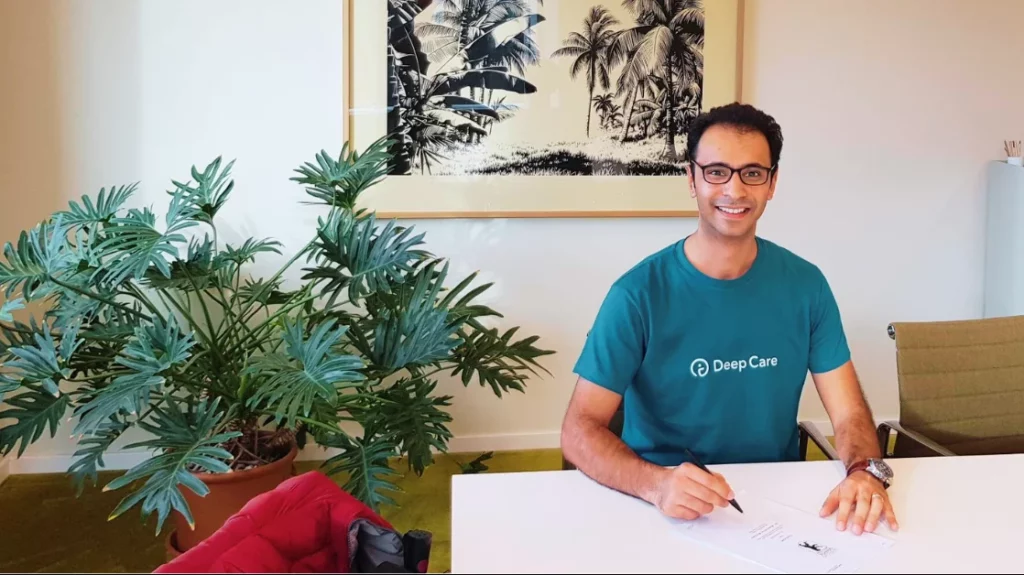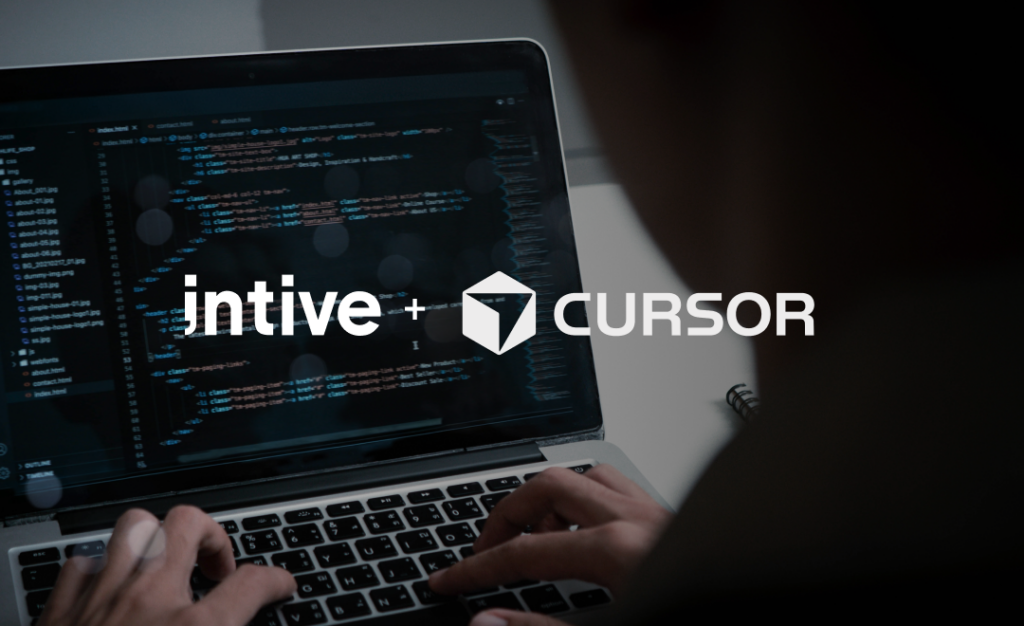“Did you know happiness is a choice you can make?”
Austrian startup hiMoment is on a mission to improve everyone’s happiness through a free app by encouraging users to focus on positive memories.
The founders Christoph Schnedlitz and Jan Hruby like to label the company as an anti-social media app, and Schnedlitz explains why to Austrian media outlet Trending Topics.
“Instagram is just fake pictures of fake moments. At hiMoment, the user focuses on their own lives and not on the lives of others, ” Schnedlitz said. “Instead of reading about murder and manslaughter in the newspaper every morning, we present our users with their most beautiful moments.”
The app asks you to write down happy memories each day, which hiMo – the unabashedly gleeful avatar – organises into collections and shows you later on down the line to remind you of positive past moments.
When you have a collection of moments, the app shows you two of your memories and asks you which one makes you happier. This helps the AI system get to know you better, and also activates the centre of the brain where decisions are made. The founders assert that decisions are much harder to make when an individual isn’t happy, so the way the user responds to the questions gives the AI and machine learning system information about the emotional state of that person.
“On a bad day, for example, the app will show you photos of your children or records of achievements at work,” explained Schnedlitz to Austrian startup news site DerBrutKasten. “Or it shows you contributions from your training successes to motivate you to return to sports.”
The principle is supported by therapists, who often recommend recalling positive moments in bad times, but if larger more serious issues are identified, the app recognises its limitations and recommends experts.
“Working with coaches and therapists is also part of our business model,” explained Schnedlitz.
The app has managed to secure 250,000 euros in funding, and Philipp Stangl, CEO of Pioneers Ventures explained to European startup hub magazine Pioneer why he thought the company was a safe investment.
“The mental health market is already big and will continue to grow, with the rise of individualism and social pressure in our society,” he said. “We’ve seen a lot of startups in that field, but hiMoment really impressed us with their scientific methodology and algorithmic approach.”
The gratitude methodology is supported by a variety of studies, most notably ‘Counting Blessings vs. Burdens’, by Robert A. Emmons and Michael E.McCullough, and ‘Using the Past to Enhance the Present’ by Fred B. Bryant, Colette M. Smart and Scott P. King. Both studies focused on encouraging subjects to spend time recollecting or listing positive memories, and results suggest that this conscious focus on the positive elements of the past have benefits on the emotional and interpersonal well-being of the individual.
As mental health issues are taking a larger toll on our daily lives, and lowering productivity in work and personal life, it’s clear that these apps have a large potential audience. There are other well-being apps on the market which have proved extremely popular.
Headspace is a down-to-earth mindfulness and meditation app that Fortune reported to have over 16 million downloads, with subscribers paying an average of $100 a year. This shows how willing smartphone users are to spend money on platforms that contribute to their well-being, and how profitable the market can be, paving the way for new apps such as hiMoment to join the club.










